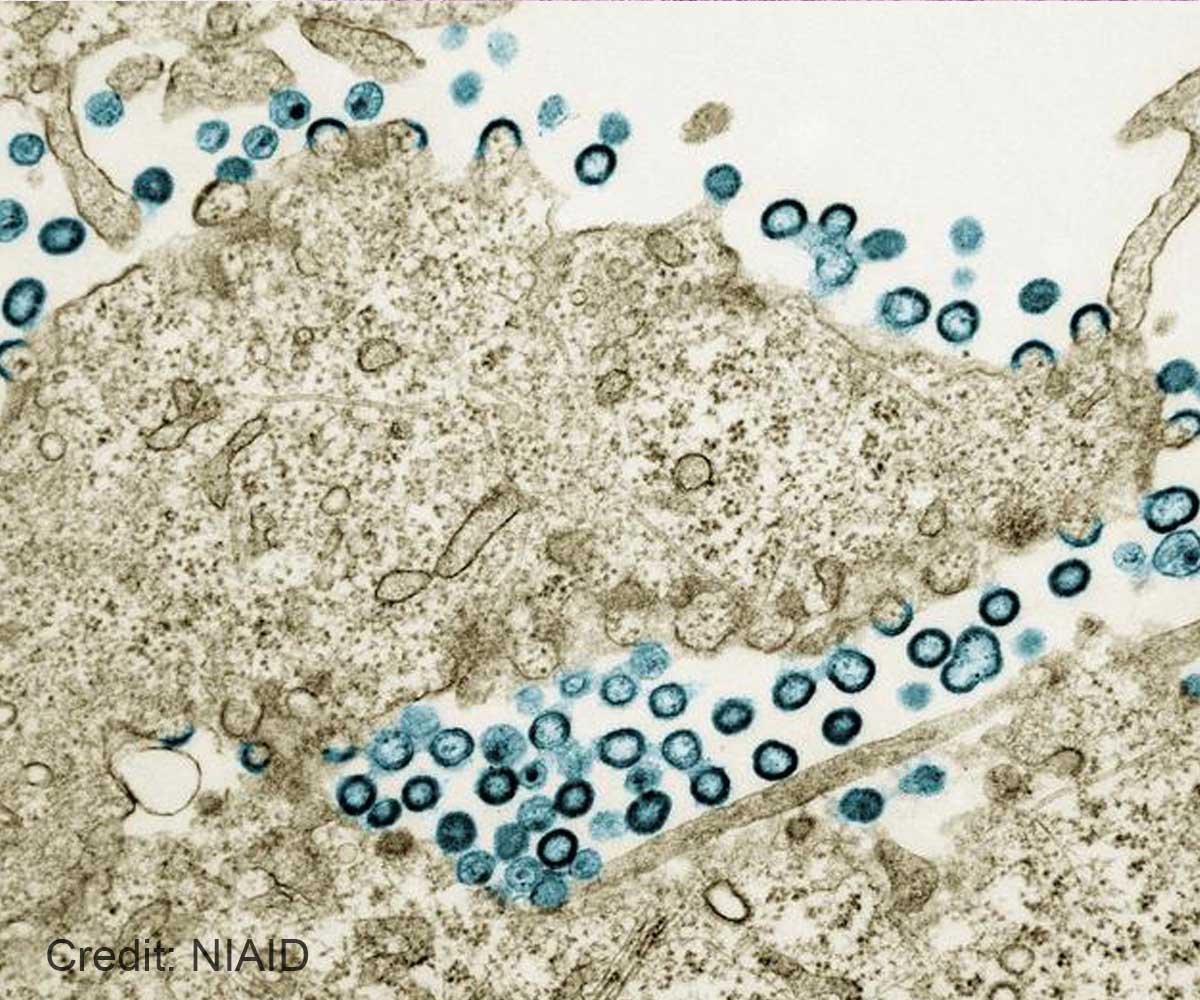In HIV patients, daily use of a cholesterol-lowering statin drug reduced the risk of heart attacks and strokes, by over one-third.

Exploratory analysis associates HIV drug abacavir with elevated cardiovascular disease risk in large global trial
Go to source). The Randomized Trial to Prevent Vascular Events in HIV (REPRIEVE) enrolled 7,769 study participants with HIV from 12 countries that found daily use of a cholesterol-fighting statin drug reduced the risk of major adverse cardiovascular events, such as heart attacks and strokes by more than one third.
‘#HIV drug #Abacavir is associated with a higher risk of #cardiovascular disease. Patients using Abacavir should consult their healthcare providers to discuss potential risks and alternative treatments. #heartattack #stroke’





The REPRIEVE study team also performed statistical analyses to assess whether select ARVs were associated with MACE risk among study participants, all of whom had low-to-moderate cardiovascular disease risk. (1✔ ✔Trusted SourceExploratory analysis associates HIV drug abacavir with elevated cardiovascular disease risk in large global trial
Go to source)
Selected ARVs Linked to Heart Disease Risk
The ARVs selected for analysis had previously been linked to cardiovascular risk and included abacavir, tenofovir, zidovudine, stavudine, and drugs from a class called protease inhibitors (PIs). All were taken as part of multi-drug ART regimens.Overall, 22% of study participants reported prior exposure to abacavir, 86% to tenofovir, 49% to zidovudine or stavudine, and 47% to PIs. At study entry, 13% of participants were taking abacavir, 61% were taking tenofovir, 10% were taking zidovudine or stavudine, and 26% were taking PIs.
In the investigators’ analyses, participants with prior and current use of abacavir had a 50% and 42% elevated risk of MACE, respectively, compared to participants with no abacavir exposure. Former or current use of other ARVs was not associated with any change in MACE risk, and the co-administration of common ARV drug classes as part of an ART regimen did not impact the elevated MACE risk among participants with current or prior abacavir exposure.
According to the authors, these findings align with previous studies that also identified an elevated cardiovascular disease risk associated with abacavir. They suggest that more research is needed to better understand the increased risk observed in this analysis, including how these findings should be considered in the context of known cardiovascular disease risk factors, such as dyslipidemia, diabetes and hypertension, for people with HIV.
Advertisement
- Exploratory analysis associates HIV drug abacavir with elevated cardiovascular disease risk in large global trial - (https://www.nih.gov/news-events/news-releases/exploratory-analysis-associates-hiv-drug-abacavir-elevated-cardiovascular-disease-risk-large-global-trial)
Source-Eurekalert















